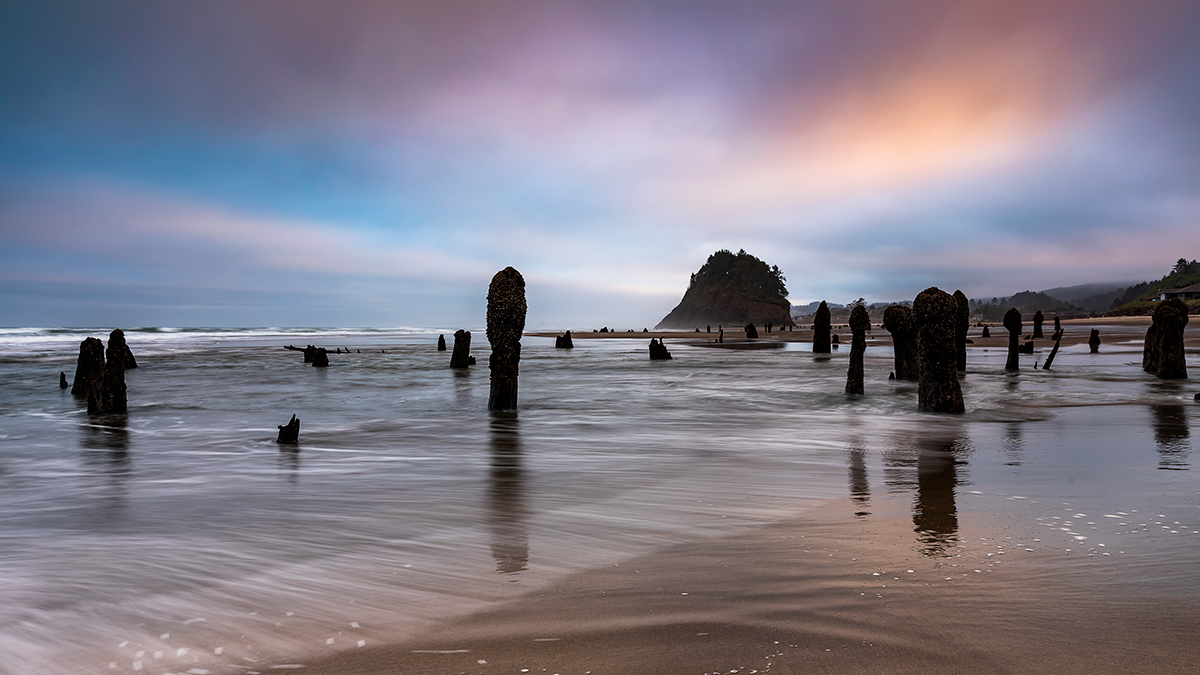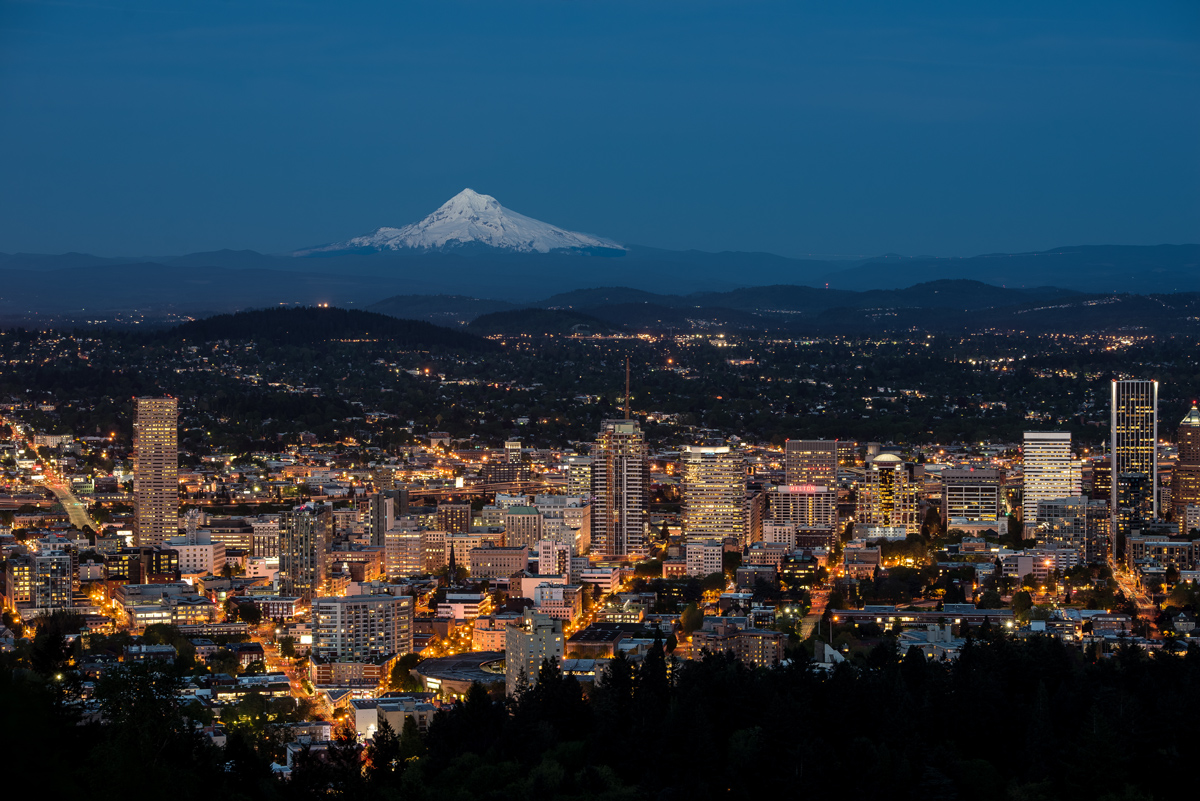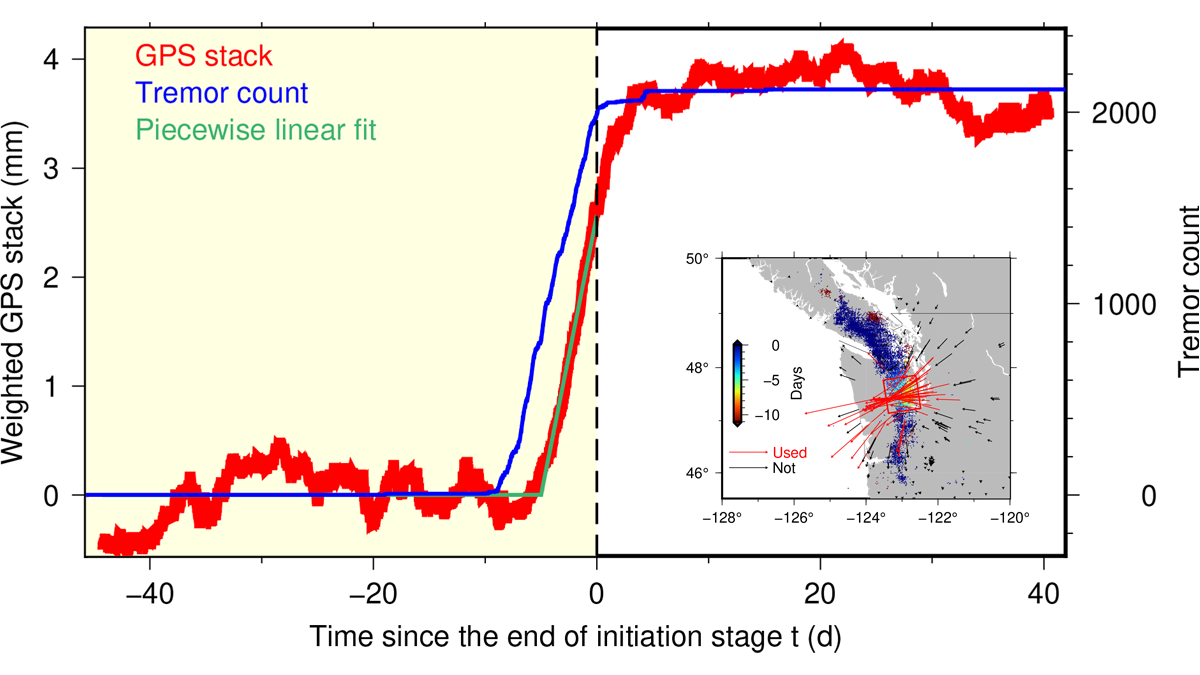Roughly half of the earthquakes that occurred along the southern Cascadia subduction zone over the past 3,000 years were temporally associated with earthquakes along the northern San Andreas fault.
Cascades
Cómo pueden los vulcanólogos mejorar la resiliencia urbana al cambio climático
Las estrategias pensadas para ciudades enteras para hacer frente al cambio climático pueden beneficiarse de los conocimientos de los vulcanólogos, que llevan mucho tiempo adaptando la información y la comunicación sobre riesgos a las comunidades locales.
How (Slow) Earthquakes Get Going
Non-volcanic tremor ramp up precedes slow slip in Cascadia by about a day, indicating that brittle-creeping process interactions control nucleation.
How Volcanologists Can Improve Urban Climate Resilience
City-level strategies to cope with climate change can benefit from the insights of volcano scientists, who have long customized hazard information and communications for local communities.
Tsunami Sands Help Scientists Assess Cascadia Earthquake Models
With evidence from new sediment cores, researchers tested the performance of various models of the 1700 CE megathrust earthquake.
The Mai Mahiu landslide disaster in Kenya
The Landslide Blog is written by Dave Petley, who is widely recognized as a world leader in the study and management of landslides. On 29 April 2024, a devastating debris flow swept through Mai Mahui in Kenya. The latest reports indicate that 48 people were killed and 84 people are missing. The disaster was triggered […]
Earthquakes Can Trigger Megathrust Slip in Cascadia
A 2022 earthquake in Northern California may have triggered slow slip in the Cascadia Subduction Zone, according to a new study.
Scientists Model What’s Moving Beneath Earth’s Surface
A 3D printed model of a fault served as the setting for a hydrofracturing experiment exploring the mechanisms behind slow earthquakes.
Some High-Threat Volcanoes Are Severely Understudied
Scientists have little understanding of where magma is stored along the Cascade Volcanic Arc or how its volcanoes could affect population centers.
Revolucionando la ciencia de los terremotos en Cascadia
Un nuevo centro reunirá a científicos de sismos para estudiar la zona de subducción de Cascadia y aclarar los peligros sísmicos.










